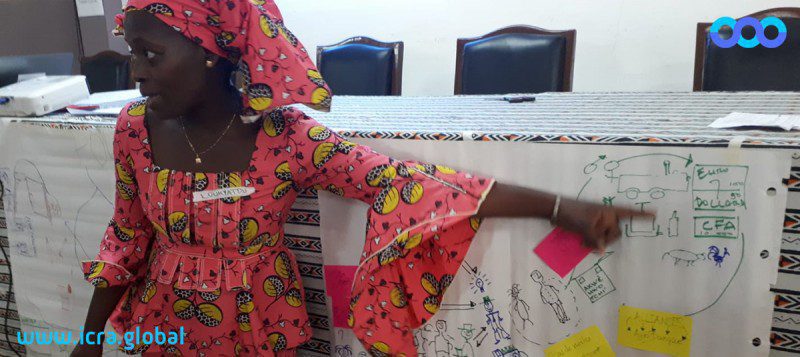
Education for employment in Agri-Food chains in Benin (2019-2021)
Increasing food & nutrition security by strengthening the capacities of agricultural schools and colleges
This project will contribute to food and nutrition security in Benin by strengthening the capacity of agricultural schools and colleges.
Graduates will have learned how to integrate the needs of the agricultural sector and the labor market. Another key aspect of this project is that the curriculum and guidance will allow them to become hands-on and entrepreneurial. The project will build on the synergy already existing between the Dutch and Beninese partners. It will be structured around three regional clusters and knowledge of the requirements of the labor market. The ten agricultural colleges will be associated with three universities. In each cluster, two key sectors will involve university, colleges, TVETS and economic actors.
At the start of the project, a participatory diagnosis of the subsectors (by sector) will be carried out, which will identify the needs of the labor market, innovations, etc. The current education offer of the schools and colleges will be analyzed and reinforced into practical lessons in line with the realities of the actors. Technical and pedagogical innovations will be integrated: APC, learner-centered learning, continuing education, internships, incubators, etc. Education programs will be updated and the process will be documented.
There will be a number of studies concerning innovations, and results will be integrated into the education programs. The management of schools & colleges will supported and improved by organizational analysis, action planning and monitoring of their implementation (model 5C and monitoring & evaluation and gender). A specific focus of gender elements in the organizational structures and policies of the education institutes is key in this process.
Teachers and lecturers will receive training on innovative topics, competence -based learning and student-centered teaching. Colleges and schools will develop permanent partnerships with labor market players, in order to have a strong connection to the reality of the agri-food sector. To promote internationalization, colleges and schools will obtain funds for exchanges of teachers and students and make investments that improve education in relation to selected sectors.


Recent Comments